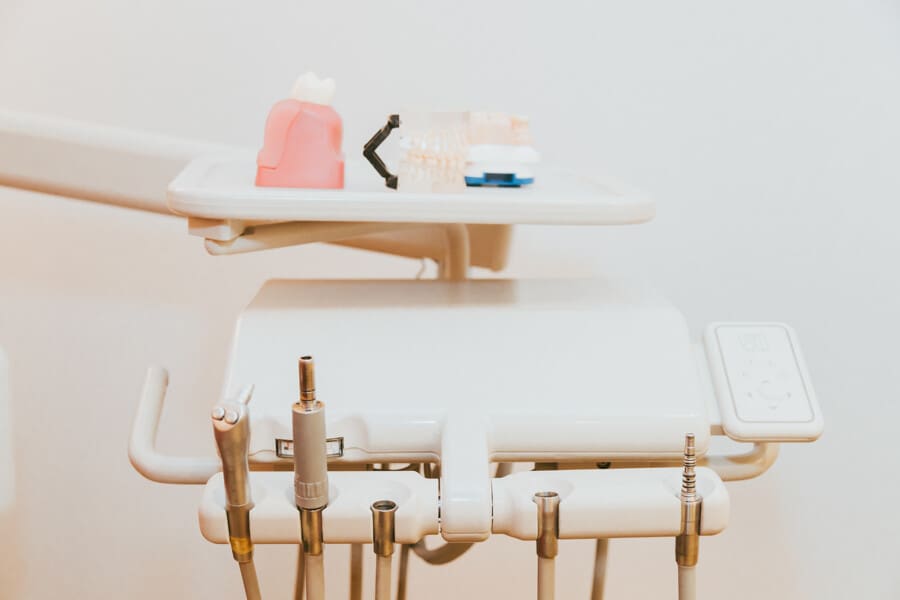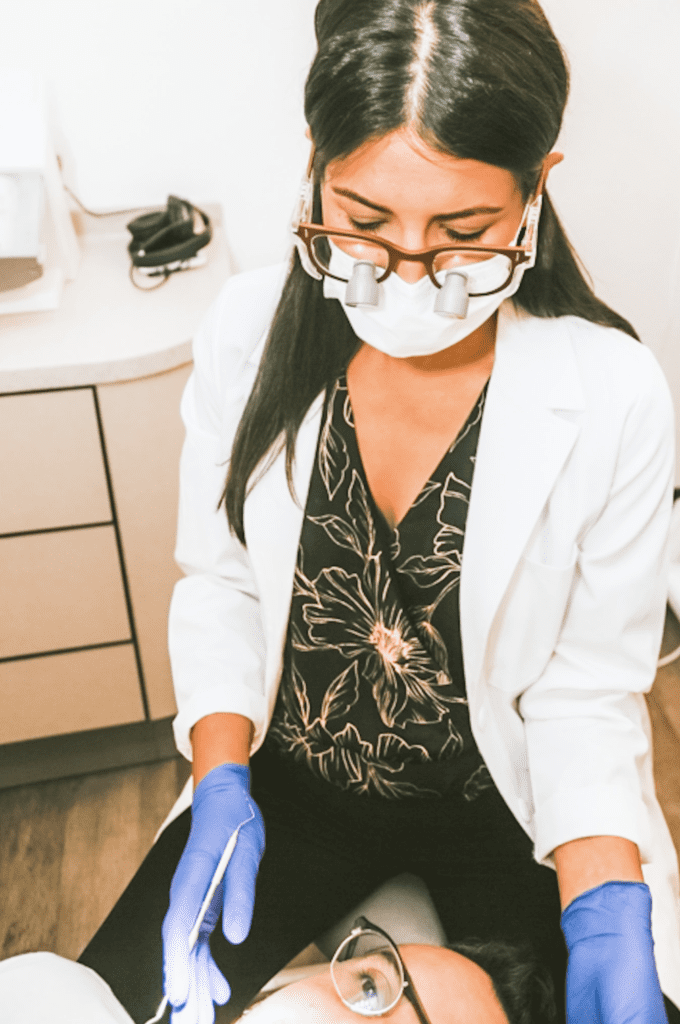4 Important Reasons To Take Your Oral Health Seriously

October is National Dental Hygiene Month, which reminds us of the importance of visiting your dental care team regularly and ensuring your mouth is well taken care of at all times. Though they may not be the first one to come to mind, your dental provider is a potentially lifesaving member of your heart attack and stroke prevention team. Recent research links poor oral health to increased risk for many fatal disorders, including Alzheimer’s, cancer and cardiovascular disease, which is the leading killer of Canadians.
People who take excellent care of their teeth and gums, including regular dental care, have been proven to live longer, compared to those who neglect their oral health. According to a large study of older adults, taking good care of your mouth offers significant benefits to your overall health, not just that of your teeth and gums. You really don’t need a better reason to schedule a dental checkup and brush up on the best ways to optimize your oral health. Consider these recommendations to safeguard your smile—and your heart health.
Get Checked for Gum Disease
Periodontal disease affects the majority of adults over age 30, many of whom don’t know they have a serious oral infection that , if untreated, can lead to tooth loss and various other issues in the body. Gum disease often has no obvious symptoms in the early stages. Warning signs include red, swollen or tender gums, bleeding while brushing or flossing, receding gums, loose or sensitive teeth and persistent bad breath.
A painless way to find out if you have gum disease is to ask your dental provider to do an exam to check for signs of oral infection. If you have gum disease, treatment includes deep cleaning, a daily program of oral care to follow at home, prescription mouthwashes, dental trays with antibacterial gel, and in some cases, a short course of oral antibiotics. Early diagnosis and optimal dental care are crucial if you have gum disease so you do not end up confronting further health threats such as:
- Heart attacks and strokes. People with periodontitis are more than twice as likely to suffer heart attacks and have up to triple the risk for stroke compared to those with healthy gums. A recent BaleDoneen study explains that periodontal disease is caused by high-risk oral bacteria which is a contributing cause of arterial disease, also known as plaque. These bacterial villains often enter the bloodstream and inflame plaque in the arteries, leading to blood clots that can trigger heart attacks and strokes
- Alzheimer’s disease. Having chronic gum inflammation for ten or more years is associated with a 70% higher risk for developing Alzheimer’s disease, according to a new study of patients ages 50 or older with gum disease. “Our findings support the notion that infectious diseases associated with low-grade inflammation, such as chronic periodontitis, may play a substantial role in the pathogenesis of Alzheimer’s disease,” the study team concluded
- Cancer. Women with gum disease have triple the risk of esophageal cancer and to a lesser extent, increased risk of breast, lung, gallbladder and melanoma skin cancer, compared to those without periodontitis, even if they don’t smoke. A recent study included over 65,000 postmenopausal women ages 54 to 86 whose health was tracked for up to 15 years. The researchers concluded that cancer-causing pathogens in the mouth may spread to other parts of the body through the blood and saliva
- Diabetic complications. People with diabetes have higher rates of gum disease than those without diabetes, with those who don’t have their blood sugar under control being at especially high risk. People with diabetes are more vulnerable to infections, but the relationship between gum disease and diabetes goes both ways. Severe periodontal disease can increase blood sugar, which in turn puts people with diabetes at increased risk for other complications of their disease. Diabetics should be especially careful to manage the bacteria within their mouths using good oral hygiene and visiting a dentist regularly
What Are the Best Ways to Protect Your Oral Health?

Using nicotine, enamel damaging food and drinks and any other damaging substances is a leading cause of gum disease and should be stopped immediately to protect your oral health. You will also want to observe the following practices consistently to give your body its best chance of avoiding heart complications, certain cancers and Alzheimer’s disease, as well as potential reciprocal issues for diabetics
- Brush and floss twice a day. Although you may have seen headlines claiming that there’s not much science to support flossing, a nine-year study of over 5,000 older adults, people who never flossed had a 30% higher death rate than those who flossed daily
- Clean your mouth before bed. The same study also found that never brushing at night raised mortality risks by 25%, versus those who brushed nightly. Since your mouth produces less saliva to wash your teeth and gums when you’re sleeping, it’s particularly crucial to floss and brush thoroughly before bed. We recommend using a sonic toothbrush for the best results
- Get a dental cleaning every 3- 4 months, or as advised by your dental provider. The study also found that people who hadn’t gone to a dentist in the previous year had a 50% higher death rate than those who went two or more times annually, leading the researchers to conclude that good oral health promotes longevity by helping people avoid lethal systemic diseases sparked by infections and chronic inflammation, such as cardiovascular disease.
We support discussing the dangers of gum disease and how the health of your mouth affects your overall health. The study linking mouth bacteria from periodontitis to many chronic health conditions is crucial information to support good oral health and regular dental care.
The dental team at Ambiance believes firmly in improving the relationship between your mouth and your body. We will help to uncover any linkage and support you with resources, tools and a dental care plan that can get you back to optimal health. Learn more about our thorough New Patient Examination or book a visit with our team today!
